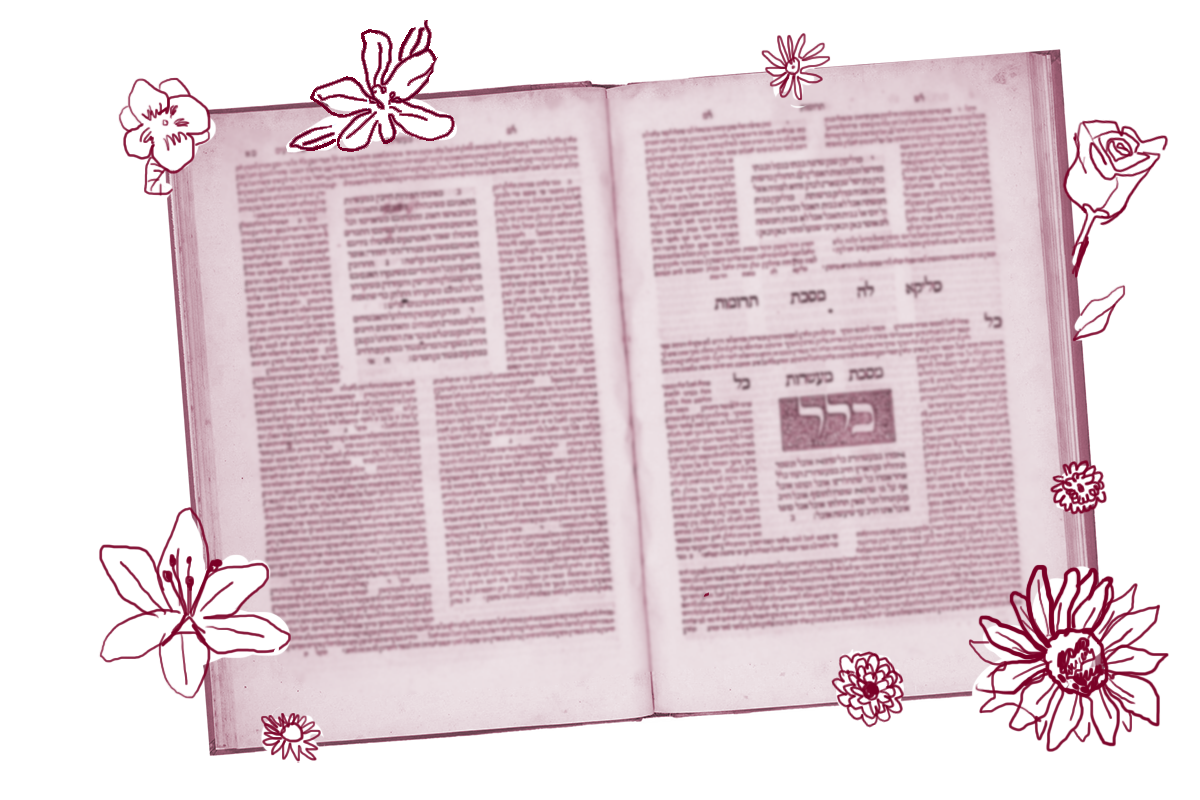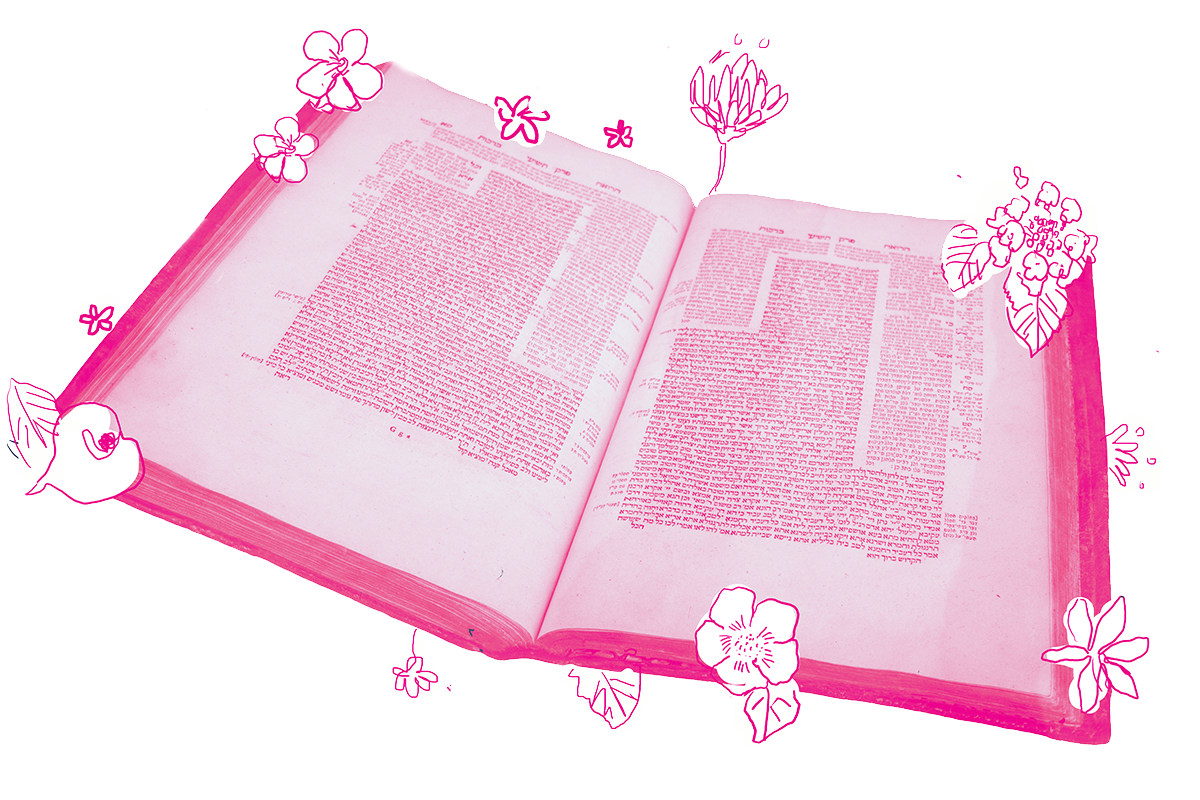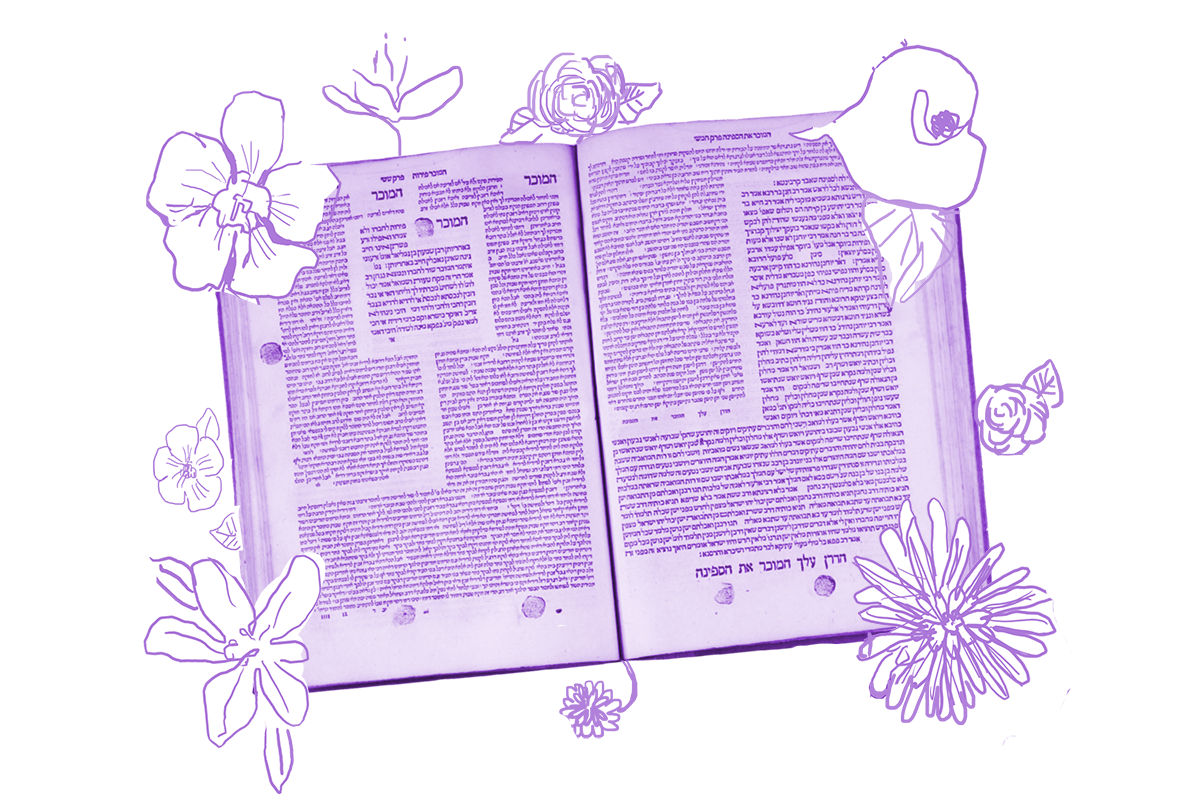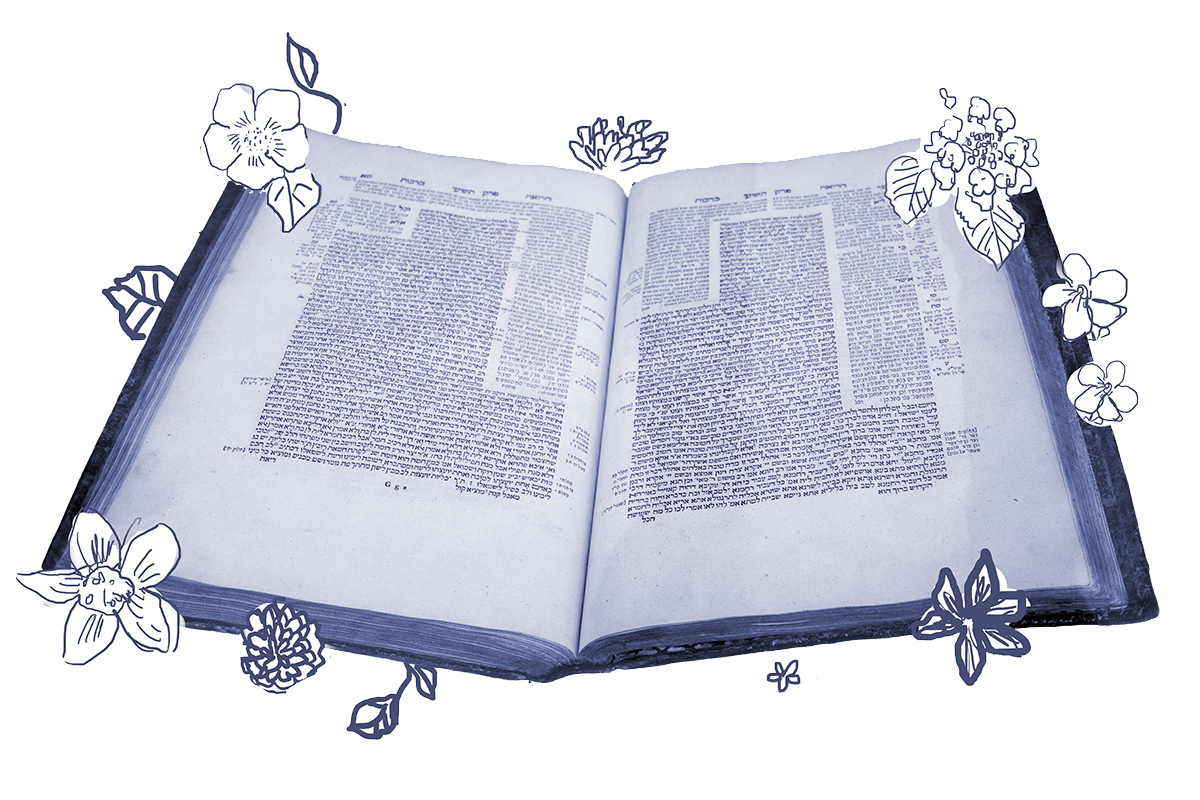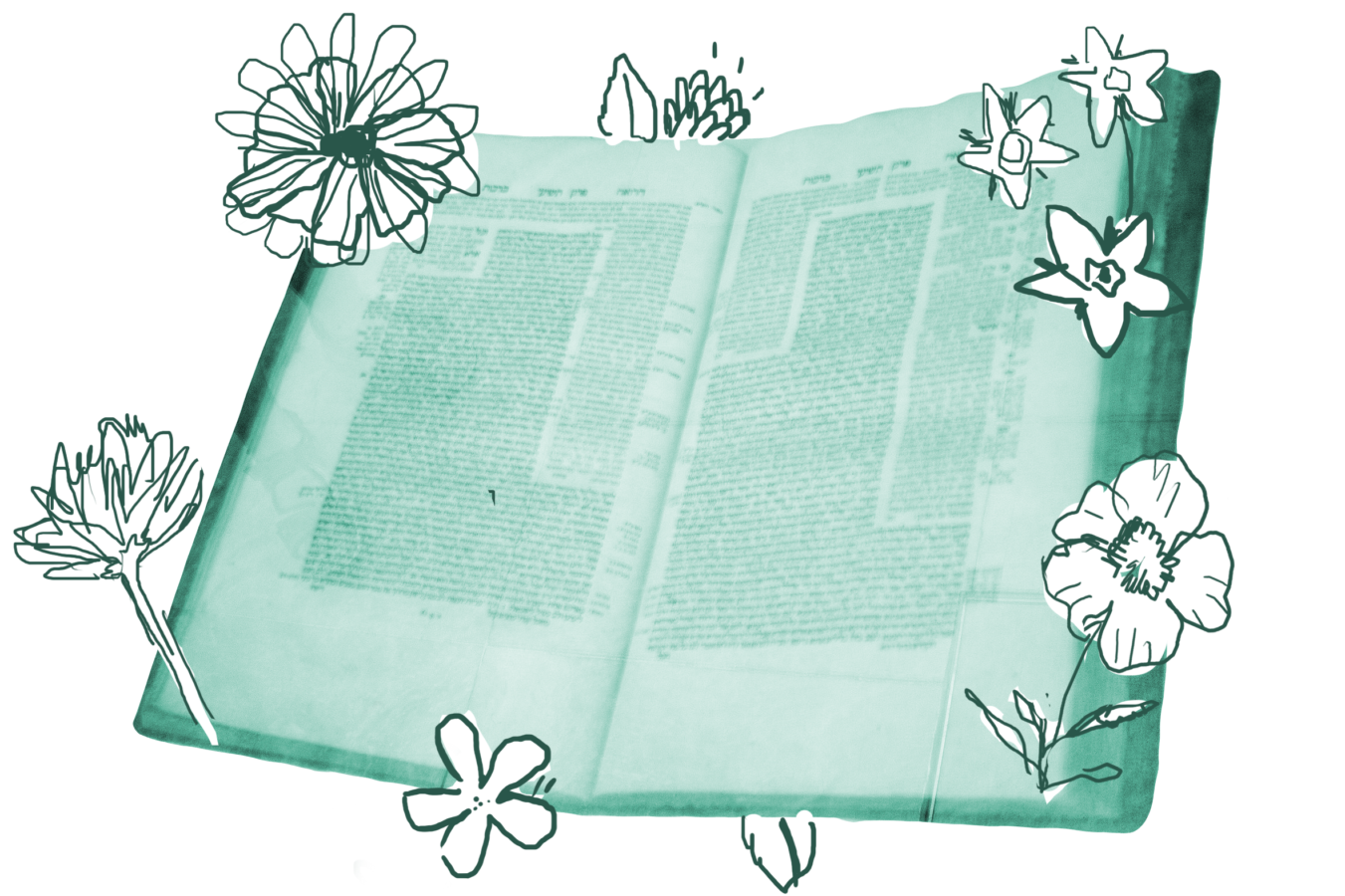Yoma 78
On Yoma 74, we noted that when the Torah says one should afflict oneself on Yom Kippur, the rabbis primarily understand that to mean fasting. But there is another custom of self-affliction: not wearing leather. Since those who practice this custom usually have to eschew their regular dress shoes, they wind up in some interesting […]
Continue Reading

